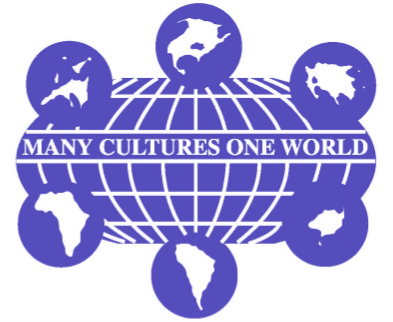Dorthe Susanne Nielsen, PhD, MHS, RN
Department of Geriatric Medicine, Odense University Hospital and University of Southern Denmark
Phone: +0045 213-50494
E-mail: dorthe.nielsen@rsyd.dk
Website: https://portal.findresearcher.sdu.dk/da/persons/dnielsen
Expertise Areas:
ProfessorNielsen´s profile is based on a solid background in clinical nursing, teaching and in research. From 2009-2022 she was employed at the first Migrant Health Clinic, in Denmark. At the same time, she started an Ethnic Patient Coordinator Team at Odense University Hospital aiming at increasing health professionals’ cultural competences in a clinical context. Dorthe´s research focuses on vulnerability, intercultural nursing, older people, and patients’ everyday life with chronic illnesses and diseases. Dorthe has published numerous papers within the field of ethno-geriatric focusing on older people with minority background and their families. She conducts a Practice lead research approach and considers patients’ narratives, everyday life, communication and culture. The research involves qualitative as well as quantitative methods for identifying and developing practice-oriented nursing and treatment for vulnerable patients. The research involves national as well as international collaborators. She has in the last 8 years joined the board of the Danish Transcultural Nursing Association. In 2019 she became a member of the European Transcultural Nursing Association, ETNA board and she is an Associate Editor of the Journal of Transcultural Nursing and is a transcultural Nursing Scholar. Professor Nielsen is a visiting Professor/Scholar at Muhimbili University, Tanzania.
Languages spoken, read/write*:
Read and write English
Read and write Danish
Select Publications:
Lynnerup, C., Rossing, C., Sodemann, M., Ryg, J., Pottegård, A., & Nielsen, D. (2023). Perspectives on medication safety from vulnerable older migrants and their relatives - a qualitative explorative study. Basic & Clinical pharmacology & Toxicology. https://doi.org/10.1111/bcpt.13842
Radl-Karimi, C., Nielsen, D. S., Sodemann, M., Batalden, P., & von Plessen, C. (2022). “What it really takes” – A qualitative study of how professionals coproduce healthcare service with immigrant patients. Journal of Migration and Health, 5, [100101]. https://doi.org/10.1016/j.jmh.2022.100101
Nielsen, T. R., Nielsen, D. S., & Waldemar, G. (2022). Feasibility of a culturally tailored dementia information program for minority ethnic communities in Denmark. International Journal of Geriatric Psychiatry, 37(1). https://doi.org/10.1002/gps.5656
Nielsen, D. S., Abdulkadir, L. S., Rehling, C., & Sodemann, M. (2021). Interpreters' experiences of participating in an introduction course in the healthcare sector. An ethnographic field observation study. Nursing Open, 8(3), 1201-1208. https://doi.org/10.1002/nop2.736
Nielsen, R. T., Waldemar, G., & Nielsen, D. S. (2021). Rotational care practices in minority ethnic families managing dementia: a qualitative study. Dementia, 20(3), 884-898. https://doi.org/10.1177/1471301220914751
Present/Future Directions
There is generally a lack of understanding of older ethnic minority patients and their management of disease and old age; including which barriers and problems are associated with being an older migrant and a chronic patient while dealing with family, traditions, illness, lifestyle changes and prejudices and vulnerability. Vulnerability can “transmit” from one family member to another. Discrepancies between the older person’s expectations and needs and society’s expectations trap
family members in ethical and moral dilemmas. This divide and stress the family and result in difficult decision-making, increased stress, and vulnerability. Migration and displacement can lead to ambivalent feelings among younger relatives regarding their role in caring for older relatives. These issues need to be more in focus when we address education, clinical work and research. As it is evident that health professionals need to address and acknowledge an holistic approach to be able to provide culturally congruent health care.
Updated 02/2023

